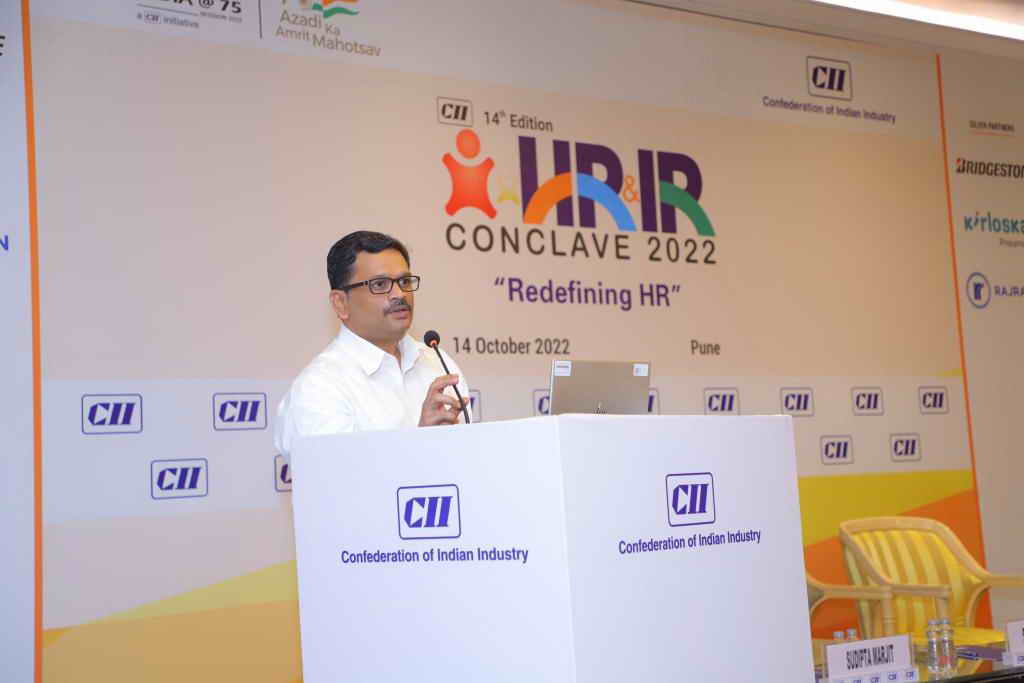When you want some one to NOT take a bad action, what do you do ?
1. Warn ?
2. Ignore ?
3. Shout ?
4. Object ?
5. Create Obstacles ?
6. All of the above ?
Did you notice a commonality in them ? The question and the options have a negative connotation on their tones. Would it be better to have a positive technique to ensure a bad thing does not happen ?
The key is to understand "Deterrents".
A simple example of a deterrent is the attendance/swipe system. It doesn't eliminate late comers or absentees. It just deters a majority to fall in line.
Deterrents are to force and ensure a decision or an action is considered many times over to mitigate the sure set backs than manage for positive results.
But why is this required? Don't we assume every one takes decisions in right spirit ? Game theorists make an assumption that :
All players behave rationally: that is,
1. They understand and seek to maximize their own pay offs. 2. They are flawless in calculating which actions will maximize their payoffs
In game theory terms, there are times, when to maximize your own payoffs, you will play a "zero-sum", "one-shot" game with "imperfect information" to win. This is the place where deterrents are used by the game players who are defending their positions.
Some time back, there were lay offs which saw a "corporate" familyness being destroyed by new management team. The team that got affected most was the team I was closely associated with. My boss too didn't survive the swirl.
From then on, I have been wondering, if I could ever get a chance to reverse the circumstances, it would be to reverse this day. Pensive thoughts and brooding's coupled with other environmental factors in other organizations that happened from then on, made me realize that to prevent a bad action by any one afflicting you, there are few rules. These rules will make the bosses that be, step back a little and consider many things before they come close to a decision.
Some of these rules are:
1. Be Big: This seems a counter productive solution. You become more vulnerable to hate and generate that much more negative publicity to withstand. Further you become a cynosure of all eyes. But, if you notice, the resilient power also is tremendous and more strong that a small player, who is weakened in absence of power.
2. Be Well-Known: The team in case above, had this basic flaw. The members were individually known. But they weren't known enough for the value they created for the organization. Being known is to be aware. Being Well Known is to have a network that has a strong influence. Call it a "positive lobby" for ease of understanding.
3. Be Dispensable: Well, this sounds stupid, right. But counter-intuition in this instance works more. Remember, when you are indispensable, there are enough support structures that are created around you. But when you make yourself dispensable, the support structures are also absent. The risk of doing away is high in this case. What this means is, the team, company, unit would survive when you are not around. But it is easier and most malleable for closure by just one break point from new bosses. You would start getting calls from your ex-colleagues in short period of time.
4. Be Brave: The more you fear, the more you open the field for others to play with you. To make rules, to decide the match, you need to be brave and take tough choice. They could be making counter offer or proactive offer that bosses might secretly consider in their echelons. But knowing your proclaimed stance consistent with who you are will deter an early decision.
5. Never Compromise: If you want to exist, please don't follow this rule. If you want to live, if you are brave to set rules and decide, then follow this rule.
6. Be ready to Exit on your Own: One of my influences has been "First Things First" and "Seven Habits of Highly Effective People" by Stephen Covey. I still remember the phrase that if you don't take your decision, some one else will in one of these books. This one sentence, made me bold enough to take a big risk of quitting a job, that I stopped enjoying. It is a foolish decision looking back, I didn't even listen to my parents. BUT that ONE decision has made me where I am and happy that it extended my friend network better.
These rules create deterrents in way of taking an unpleasant decision without making a noise and it is this noise that people "fear" most, when it happens.
Am I right ?? Looking forward to your counsel...



There's something pensive, nostalgic about this post--a little different from the usual ones that caught my attention first. Oddly, it reminded me of a poem from my school days by Tennyson : The Passing of King Arthur.
ReplyDeleteThe old order changeth, yielding place to new, And God fulfils Himself in many ways, Lest one good custom should corrupt the world.
The post makes me think of some rules/guidelines that we need to follow when change is imminent, unavoidable. These are some of the ways we can keep ourselves from being hurt by "Change."
There's too much packed in this one post for me to write a coherent comment--may be a post in response will be better...